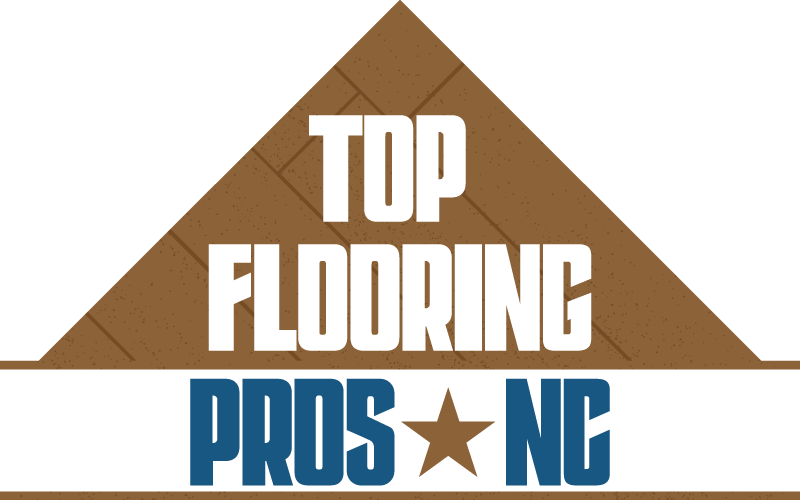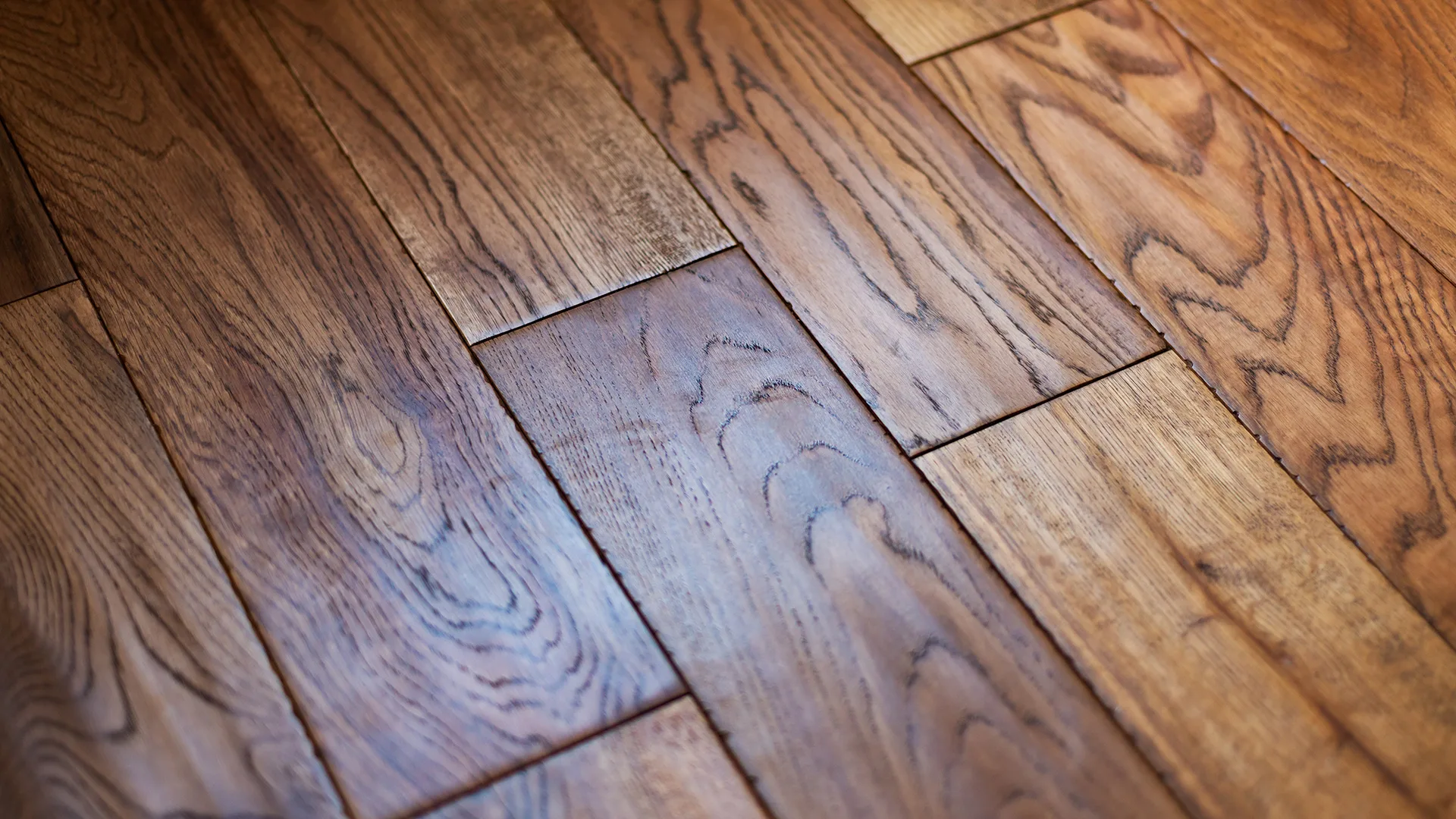If you’re considering upgrading the flooring in your home, hardwood flooring is a classic and elegant option that has remained popular over the years. It offers several advantages, such as durability, easy maintenance, and a timeless look that can enhance the overall value of your property. However, before making a significant investment in hardwood flooring, it is essential to weigh the pros and cons. In this article, we will explore the benefits and possible drawbacks of opting for hardwood flooring for your home.
Pros of Hardwood Flooring
1. Timeless Aesthetic Appeal
Hardwood flooring is a popular choice among homeowners, and one of the key reasons for this is its timeless and sophisticated appearance. The natural beauty of hardwood flooring can add warmth and character to any room, creating an inviting and welcoming atmosphere. With its unique grain patterns, subtle color variations, and smooth texture, hardwood flooring can complement any decor style and enhance the overall aesthetic of your home. Whether you prefer the classic look of oak or the rich hues of cherry or mahogany, hardwood flooring is a durable and long-lasting investment that can add value to your home while providing a sense of luxury and comfort for years to come.
2. Longevity and Durability
Hardwood flooring is a popular choice for homeowners and interior designers alike due to its exceptional durability, longevity, and timeless appeal. When installed and maintained properly, hardwood floors can last for several decades, and in some cases, even centuries. Unlike other flooring options that may need replacing every few years, hardwood can be refinished to restore its original beauty, making it a cost-effective and sustainable investment for your home. Furthermore, hardwood floors are highly resistant to stains, scratches, and wear and tear, making them an ideal flooring option for high-traffic areas in your home such as the living room, kitchen, and hallways. The natural warmth, texture, and character of hardwood also add a touch of luxury and sophistication to any home decor, making it a versatile and enduring choice for any style or taste.
3. Increased Property Value
If you’re looking to increase the resale value of your home, investing in hardwood flooring can be a wise decision. Hardwood floors are highly sought after by homebuyers as they add a touch of elegance and sophistication to any property. In addition to their aesthetic appeal, hardwood floors are also known for their durability and longevity, making them a practical investment that can last for many years. Compared to other flooring options, hardwood floors are relatively easy to clean and maintain, which is another factor that makes them attractive to potential buyers. Overall, if you’re thinking of selling your home in the future, installing hardwood floors could be a smart way to increase its value and appeal to a wider range of buyers.
4. Allergen-Friendly
It is a well-known fact that carpets can accumulate dust, pollen, and pet dander, all of which can trigger allergies and exacerbate respiratory problems. On the other hand, hardwood floors offer a cleaner and healthier indoor environment, making them an ideal choice for people with allergies or respiratory issues. Unlike carpets, hardwood floors do not trap allergens, and they are much easier to clean and maintain. They also do not emit harmful chemical compounds or odors, which can adversely affect indoor air quality. Furthermore, hardwood floors are durable and long-lasting, making them a cost-effective investment for homeowners. With their timeless beauty and natural warmth, hardwood floors are a practical and stylish flooring option that enhances any home’s aesthetic appeal.
Cons of Hardwood Flooring
1. Susceptibility to Scratches and Dents
Although hardwood floors are known for their durability, they are not completely resistant to scratches and dents. Over time, high heels, furniture, and pet claws can leave visible marks on the surface. However, you can minimize this issue by opting for harder wood species, such as hickory or maple, instead of softer ones like pine or birch. Additionally, placing area rugs in high-traffic areas or under furniture can help protect your hardwood floors from scratches and dents. It’s important to note that routine maintenance and cleaning can also help prolong the life of your hardwood floors and keep them looking their best.
2. Sensitivity to Moisture
Hardwood is a popular flooring choice due to its durability and aesthetic appeal. However, it is also sensitive to moisture, and any exposure to excessive humidity or spills can lead to warping, cupping, or buckling of the wood. If you spill any liquids on your hardwood floor, it’s crucial to promptly clean them up as soon as possible, as the longer the liquid remains on the surface, the more damage it can cause. In addition to spills, it’s essential to maintain a stable indoor environment, as fluctuations in temperature or humidity can also impact the wood. You can use a humidifier or dehumidifier to regulate the indoor air and keep it within a safe range of 35% to 55% humidity. Doing so will help prevent moisture-related damage and keep your hardwood floor looking its best for years to come.
3. Higher Initial Cost
When it comes to flooring options for your home, hardwood flooring is undoubtedly one of the most popular choices. It offers a classic and timeless look that can complement any style of interior design. However, it’s worth noting that hardwood flooring does come at a higher upfront cost compared to other options like laminate or carpet.
The reason for this is that hardwood flooring is made from high-quality natural materials, which means that it needs to be carefully sourced, prepared, and installed. Additionally, hardwood flooring requires regular maintenance to keep it looking its best, which can add to the overall cost over time.
That being said, the investment in hardwood flooring pays off in terms of longevity and resale value. Hardwood floors can last for decades with proper care and maintenance, and they are highly sought after by homebuyers should you decide to sell your home in the future.
Therefore, homeowners who choose to install hardwood flooring should be prepared for the initial expense, but can rest assured that they are making a wise investment in the long run.
4. Limited Installation Options in Moist Areas
It’s important to note that hardwood flooring may not be the best choice for areas with high moisture levels, such as basements or bathrooms. This is because hardwood is a natural material that can absorb moisture from the air, causing it to expand and contract. Over time, this can lead to issues like cupping, warping, and even structural damage. In addition, high moisture levels can create the ideal environment for mold and mildew growth, which can be harmful to your health. Therefore, it’s recommended to use other flooring options, such as vinyl or tile, in these areas to prevent any potential damage or health hazards.
When it comes to choosing the perfect flooring for your home, hardwood is undoubtedly one of the most popular options. However, like any other flooring material, it has its own set of pros and cons that should be weighed carefully before making a decision. On the one hand, hardwood flooring offers timeless beauty, aesthetic appeal, and a warm, natural look that complements any decor style. It is also incredibly durable and can last for decades with proper maintenance. Additionally, it can increase the resale value of your home and may even help attract potential buyers in the future.
On the other hand, hardwood flooring can be relatively expensive, especially if you choose high-quality materials. It can also be prone to scratches and dents, which may require refinishing or sanding over time. Furthermore, hardwood flooring is not as comfortable to walk on as other flooring options, such as carpet or cork, and may not be the best choice for households with young children or pets.
Despite these drawbacks, many homeowners still choose hardwood flooring for its undeniable beauty and longevity. To make an informed decision, it is crucial to weigh both the pros and cons of hardwood flooring carefully and consider your lifestyle, budget, and design preferences. If you decide that hardwood flooring is the right fit for your home, you can rest assured that it will bring timeless elegance and a touch of luxury to your living space for years to come.



